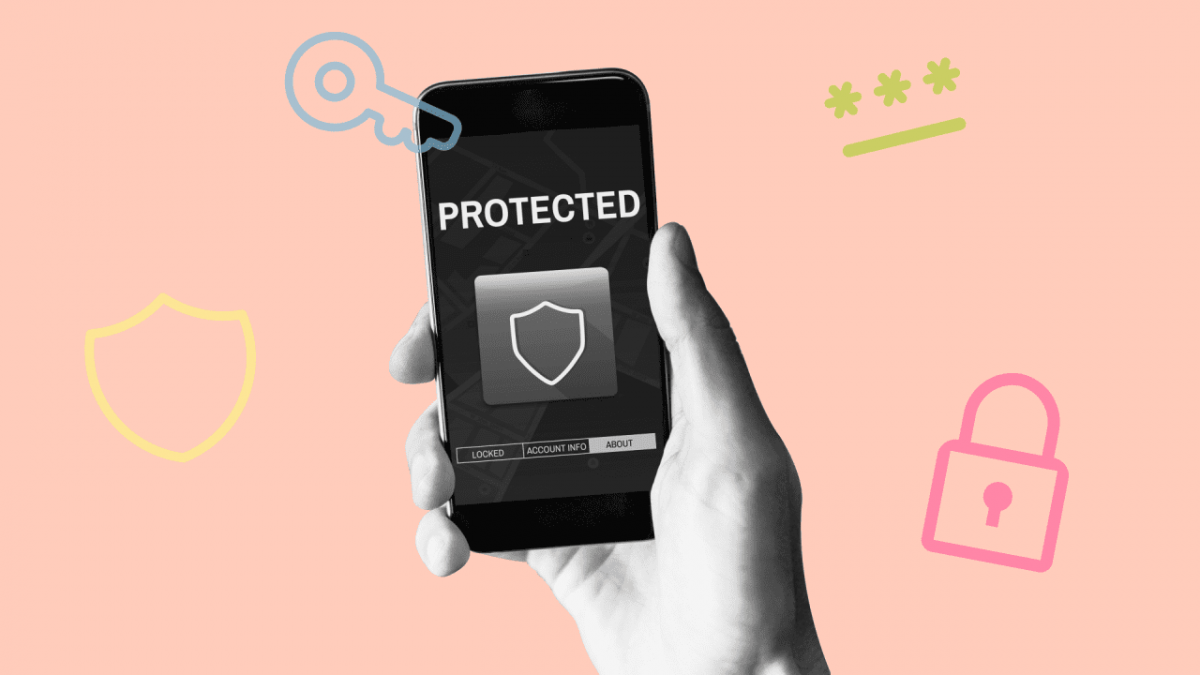Don’t Get Hacked: The Vital Importance of Two-Factor Authentication

The foundational principle of Two-Factor Authentication lies in its requirement for two distinct forms of identification before granting access to an account or system. This approach operates on the premise that even if one barrier is breached, the secondary layer remains to thwart the intruder’s endeavors. The dimensions of identification typically encompass something the user knows (like a password), something the user has (such as a mobile device), or something the user is (e.g., fingerprint or facial recognition). This triangulation of potential verification methods crafts a fortified barrier, rendering unauthorized access exponentially more difficult.
Foremost among the reasons to embrace 2FA is its proven efficacy in curbing unauthorized access. A substantial body of research and real-world applications substantiate that the mere presence of 2FA can deter hackers. For instance, Google has reported a significant reduction in account takeovers following the implementation of 2FA. Beyond its deterrent effect, 2FA also provides a critical security net in the event of password compromise—which, given the frequent occurrence of data breaches, is not a rare scenario. With the additional layer of authentication, even if a password falls into the wrong hands, the information behind the 2FA fortress remains inaccessible to unauthorized users.
Moreover, the adoption of Two-Factor Authentication is a testament to an individual’s or organization’s commitment to security. In the professional sphere, it reflects a responsible acknowledgment of the threats posed by cyber vulnerabilities and an informed step towards mitigating these risks. For businesses, this can translate to enhanced trust from customers and partners, who view the adoption of robust security measures as indicative of the value placed on protecting stakeholder interests.
However, the benefits of 2FA extend beyond the practical to the psychological, offering peace of mind to individuals and organizations alike. In an era where digital identities and assets are as crucial as their physical counterparts, knowing that there are multiple layers of security can provide a significant sense of security. This psychological comfort is invaluable, particularly in times of increasing digital threats, where the next cyber attack seems not a matter of ‘if’ but ‘when’.
Despite its advantages, the implementation of Two-Factor Authentication is not devoid of challenges and criticisms. Some argue that 2FA can introduce friction into the user experience, potentially deterring users with additional steps during the login process. Others point to the possibility of losing access to the second factor, such as a mobile device, which could lock legitimate users out of their accounts. While these concerns are valid, they are increasingly being addressed through innovations in 2FA technologies, such as backup codes and alternative verification methods, which ensure security without compromising user convenience.
Anyhow, imagine the potential consequences of having your email, banking, or social media accounts hacked. Identity theft, financial loss, and the exposure of sensitive personal information are all very real risks. By enabling 2FA, you can significantly reduce the likelihood of falling victim to these types of attacks, providing you with peace of mind and the assurance that your online presence is better protected.
In conclusion, the imperative to understand and adopt Two-Factor Authentication is rooted in its capacity to significantly enhance the security of digital data and identities. As the digital domain becomes increasingly integral to both personal and professional spheres, the relevance of robust security measures like 2FA cannot be overstated. By serving as a dual shield, 2FA not only protects sensitive information but also fosters an environment of trust and confidence essential in the digital age. As cyber threats evolve and multiply, the question is no longer about the need for supplemental security layers but about the urgency and priority of implementing them. Therefore, embracing Two-Factor Authentication is not just a choice but a necessity in the quest for digital resilience and integrity.










